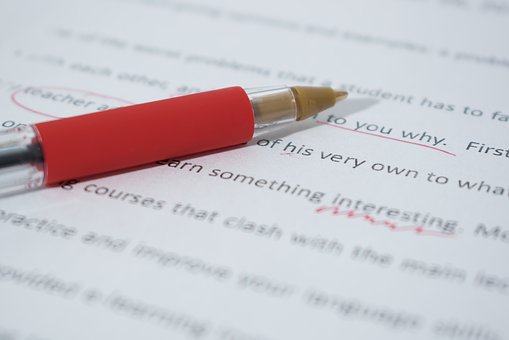(a) little and (a) few
- Posted by Ambra
- Date April 23, 2020
(a) little and (a) few
We use the determiner (a) little with singular (usually uncountable) words, and we use (a) few with plurals.
Compare:
I have little interest in politics.
Few politicians are really honest.
We’ve got a little bacon and a few eggs.
Before another determiner (article, possessive, etc) or a pronoun, we use (a) little of and (a) few of.
Compare:
There is a difference between little and a little, and between few and a few.
Without a, little and few usually have rather negative meanings, close to no or none. They may suggest ‘not as much/many as one would like’, ‘not as much/many as expected’, and similar ideas.
The average MP has little real power.
Few people can speak a foreign language perfectly.
A little and a few are more positive: their meaning is generally closer to some.
They may suggest ideas like ‘better than nothing’ or ‘more than expected’.
Would you like a little soup?
You don’t need to go shopping. We’ve got a few potatoes and some steak.
Compare:
Quite a few (informal) means ‘a considerable number’.
We’ve got quite a few friends in the village.
Little and few (with no article) are rather formal.
In an informal style (e.g. ordinary conversation), we generally prefer not much/many, or only a little/few.
Come on! We haven’t got much time!
Only a few people remembered my birthday.
However, very little and very few are possible in an informal style.
He’s got very little patience and very few friends.
We can drop a noun and use (a) little/few alone, if the meaning is clear.
‘Some more soup?’‘Just a little, please.’
(A) little and (a) few are determiners. They are normally used before nouns, but not after be.They had little hope. (but not Their hope was little.)
Note that few can follow possessives in expressions like his few friends, my few visits to Scotland. This is rather formal.
You may also like
The Present Simple Tense – Use
1: We use the present simple when something is generally or always true. People need food. It snows in winter here. Two and two make four. 2: Similarly, we need …
‘S GENITIVE / POSSESSIVE IN ENGLISH
The Saxon Genitive is one of the main forms we use to express possession in English. It’s something that many people have heard of but perhaps find it a little …



